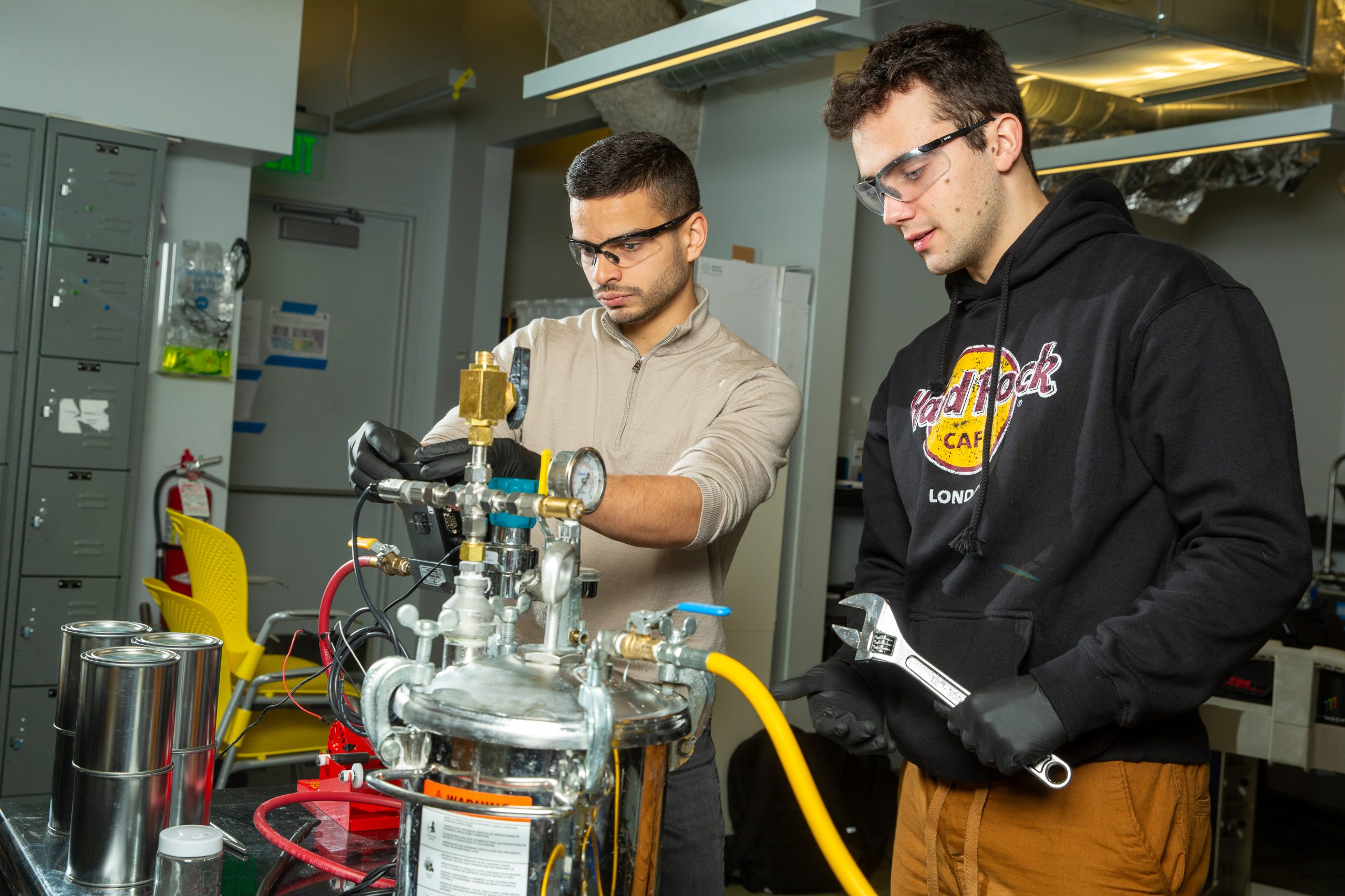When we think of war crimes, we typically think of actions like taking hostages, torturing prisoners, or enlisting child soldiers. Now a group of scientists wants to add another item to that list: harming the environment.
An open letter signed by 24 prominent scientists from around the world and published this week in the journal Nature calls for a new Geneva Convention that would hold governments responsible for the environmental damage their militaries inflict in war zones. Scientists are voicing these demands now for two reasons.
First, the UN’s International Law Commission is holding a meeting — from July 8 to August 9 — to explore how it might expand on the 28 principles already in place to keep nature safe during a war. This is the perfect time to publicly make the case for adopting a new Geneva Convention as part of that effort.
Second, it’s become increasingly clear that our planet is facing an urgent biodiversity crisis. In May, a major UN report found that 1 million species are now at risk of extinction. It noted that all kinds of species, from plants to birds to mammals, are vanishing at a rate “tens to hundreds of times higher than the average over the last 10 million years.” And that’s because of human activities — including war.
Nations at war are often too busy thinking about the human costs of the conflict to spare much thought for the cost to the natural world. That may be understandable, but it’s a mistake nonetheless because war is absolutely devastating to the environment. And when nature suffers, we humans tend to suffer in turn.
Thus, with the creation of a fifth Geneva convention dedicated to protecting the environment, we can keep governments criminally responsible for wartime environmental damage and provide nature with the protection it badly needs right now.












